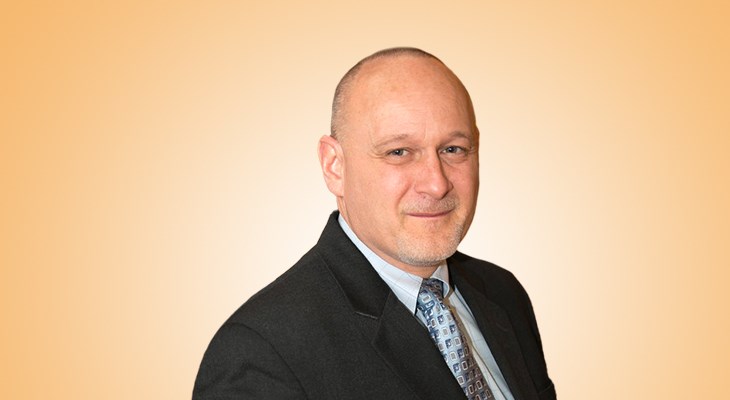From a property in Connecticut that quickly became one of the world’s largest casinos, Mohegan Gaming & Entertainment has grown exponentially through a combination of organic and inorganic development.
Speaking at the Boston Smart Business Dealmakers Conference, CEO Ray Pineault says the organization has since expanded into Pennsylvania in the Pocono Mountains, manages properties in New Jersey, manages a property for another tribe — the first Native American tribe to manage another tribe’s casino — in Washington State, operates two casinos in Niagara on the Canadian side of Niagara Falls, and is now in the process of building a $2 billion resort in South Korea.
Maintaining the culture across all those different properties, Pineault says, is essential, especially as the organization grows across borders. When bidding on the Niagara property, he says one of the things that was very important to them was going in and seeing the culture and meeting with the leadership team. That emphasis will continue as their footprint grows.
"We're going into Korea," he says. "Korea is different than the United States and we want to bring our culture there. And I can tell you, one of my conversations with the leadership team over there, and they're probably sick of hearing me say it, is, You need to be leading the culture. You need to talk about it every day. You have to believe it. You have to live it. You have to talk about it. You have to have communications about it. So, I think it's up to the leadership to believe it, to talk about it and continue to instill it."
Part of ensuring that culture continues as new properties are acquired is through the hiring process.
"We do team interviews," Pineault says. "We don't just do one on one interviews," he says. "And we want to make sure that people have that guest-service orientation in them. And I used to, when I ran Mohegan Sun, go to every orientation. And I'd be honest with people. I'm like, We're a service organization. We believe in our culture. And if you don't, that's OK. You just shouldn't work here. And not everybody's right for the right company. Find the company that's right for you."
He says when dealing with different cultures, it's important to be respectful.
"You can't just dismiss somebody else's culture," Pineault says. "Going into Canada, a lot of people like to say about Canadians, they're really nice. And they are. They want to be nice about everything. And that's great. I love people being nice. But you also have to get work done and sometimes you have to be tough. That that's part of the culture, too. Just because we have a nice culture doesn't mean we're not going to stand up for ourselves. That doesn't mean that we're not going to make sure that we make our points and that we're weak because we have a good culture. So, you have to be respectful of the culture. But that doesn't mean you can't bring your own internal cultural of your values of what you believe in into the organization. And we've woven those in."
Pineault says as they're opening in Korea, they're starting out with the leadership that was there a year ago. As they build and bring on a new leader or team member, they're going through orientation to understand the culture. But when the culture they're working to foster doesn't stick, they've got to move on.
"It's unfortunate but over time, just in the two years we've been in Korea, we've had to depart with a couple of leaders," he says. "But they didn't believe in the culture and that's OK. There's nothing wrong with that. I've told many, many leaders who have come to Mohegan Sun, the easiest way that you won't survive here is not believe in our culture."
To ensure that, as the organization grows, it's staying true to its mission, he says the tribe has a simple model: We learn from 13 generations of the past to provide for 13 generations to come.
"The tribe is not about the next stock report," Pineault says. "The tribe is not about the next SEC filing. It's about what's going to be in the long-term benefit of the overall organization so that when I leave, I leave the organization better, and then when they leave, they leave the organization better. And what's going to create the long-term viability of the tribe and the owners. That's how we evaluate every deal that we go into."
As the organization moves through different ventures and partners along the way, he says they have to constantly be evolving, changing and upgrading.
"As an example, one of the last projects I did when I was with the casino overseeing Mohegan Sun was building the Expo Center," he says. "There wasn't a large, uncolumned Expo Center in the Northeast region. So we went out and built one as a competitive advantage. That's the kind of capital intensity that goes into running resort operations like that. And we have to make sure that we continue to deploy our capital in a manner that provides a return on investment."
Building their own properties, he says, is costly and time consuming. However, the challenge with taking over another property is working the organization's culture and processes into it. That can be difficult.
"People are hesitant to change," Pineault says. "It's scary. It's challenging. I don't like it. I've always done that way. I will tell you one of my mottos when I was at Mohegan Sun overseeing that was, if you tell me you're doing it because that's the way you always did it, you just gave me the wrong answer."




